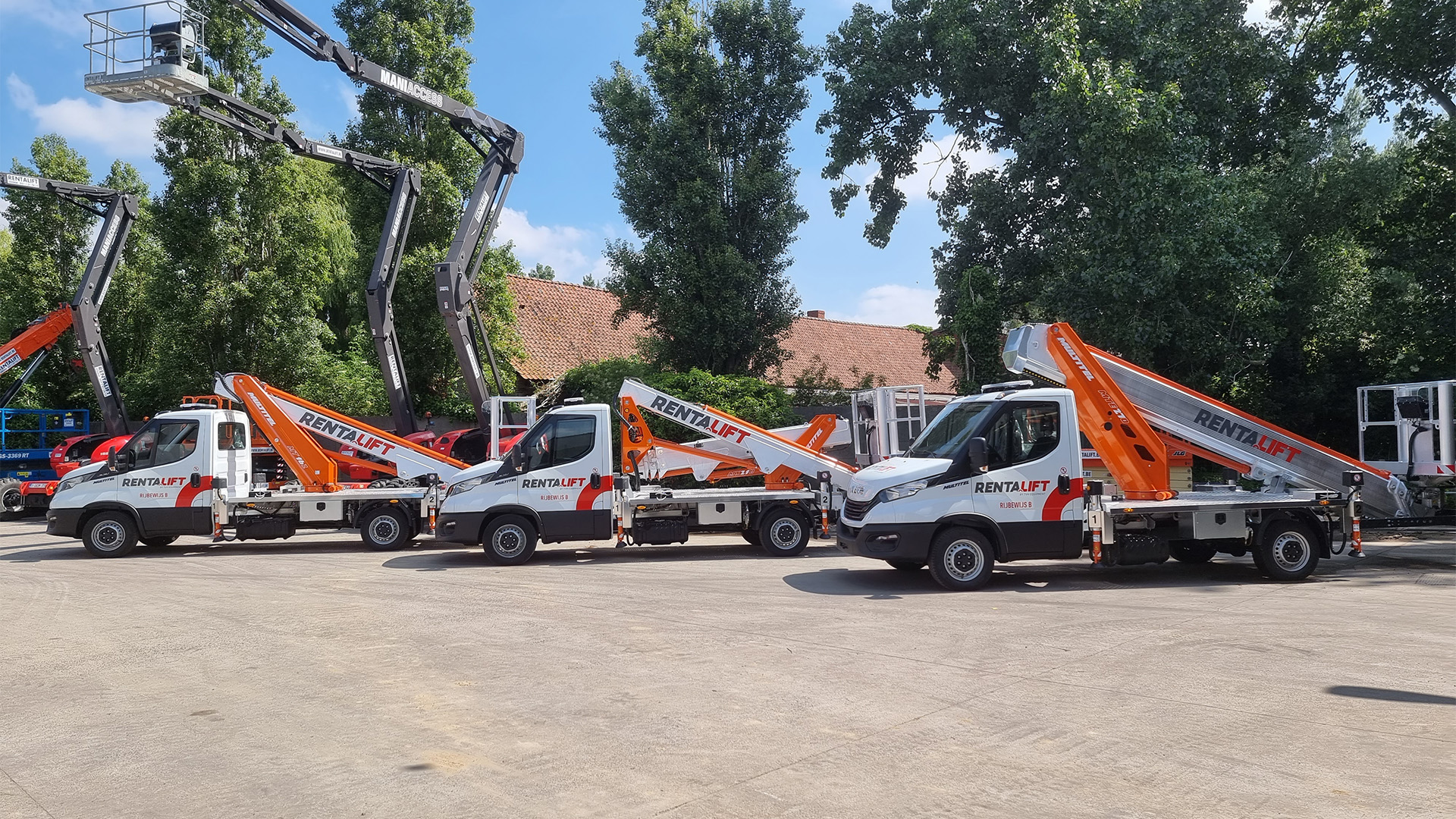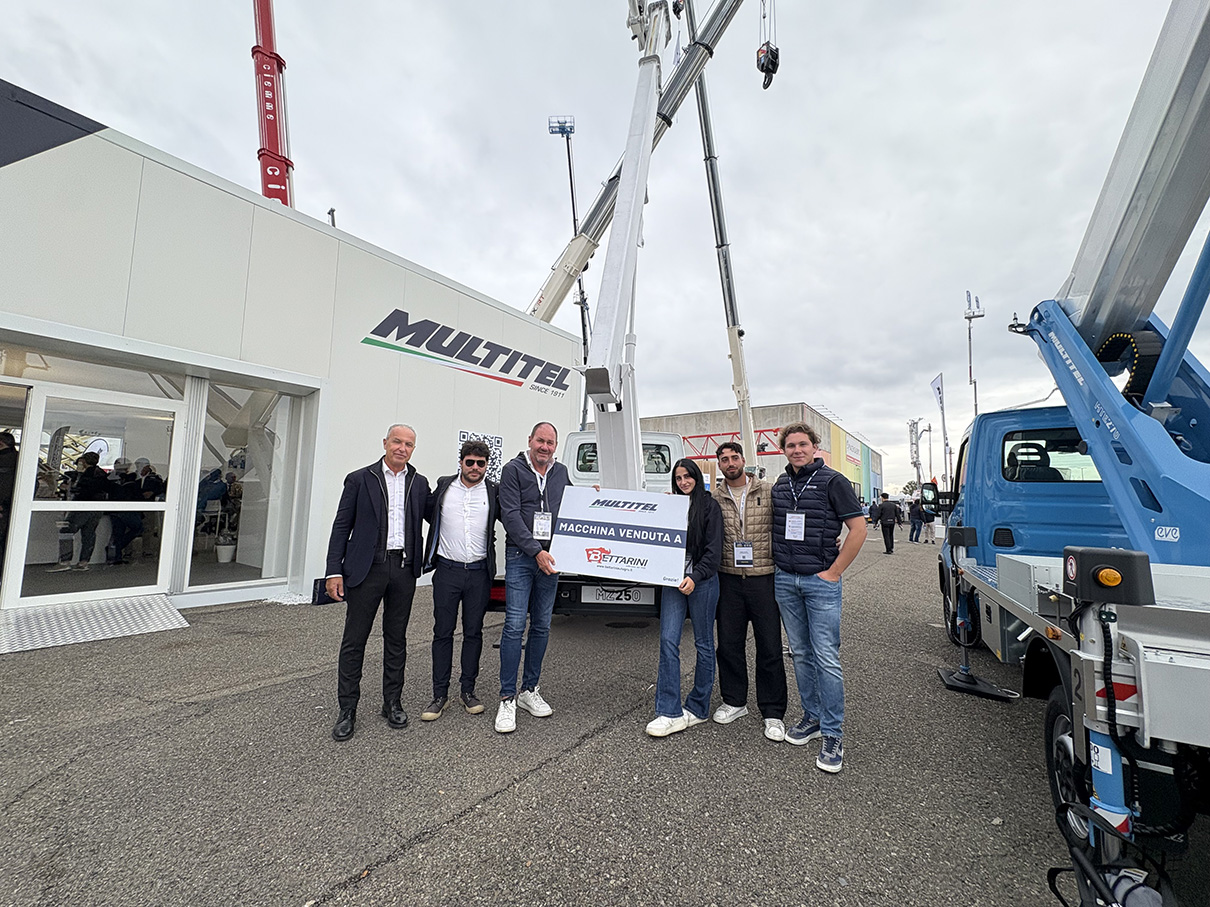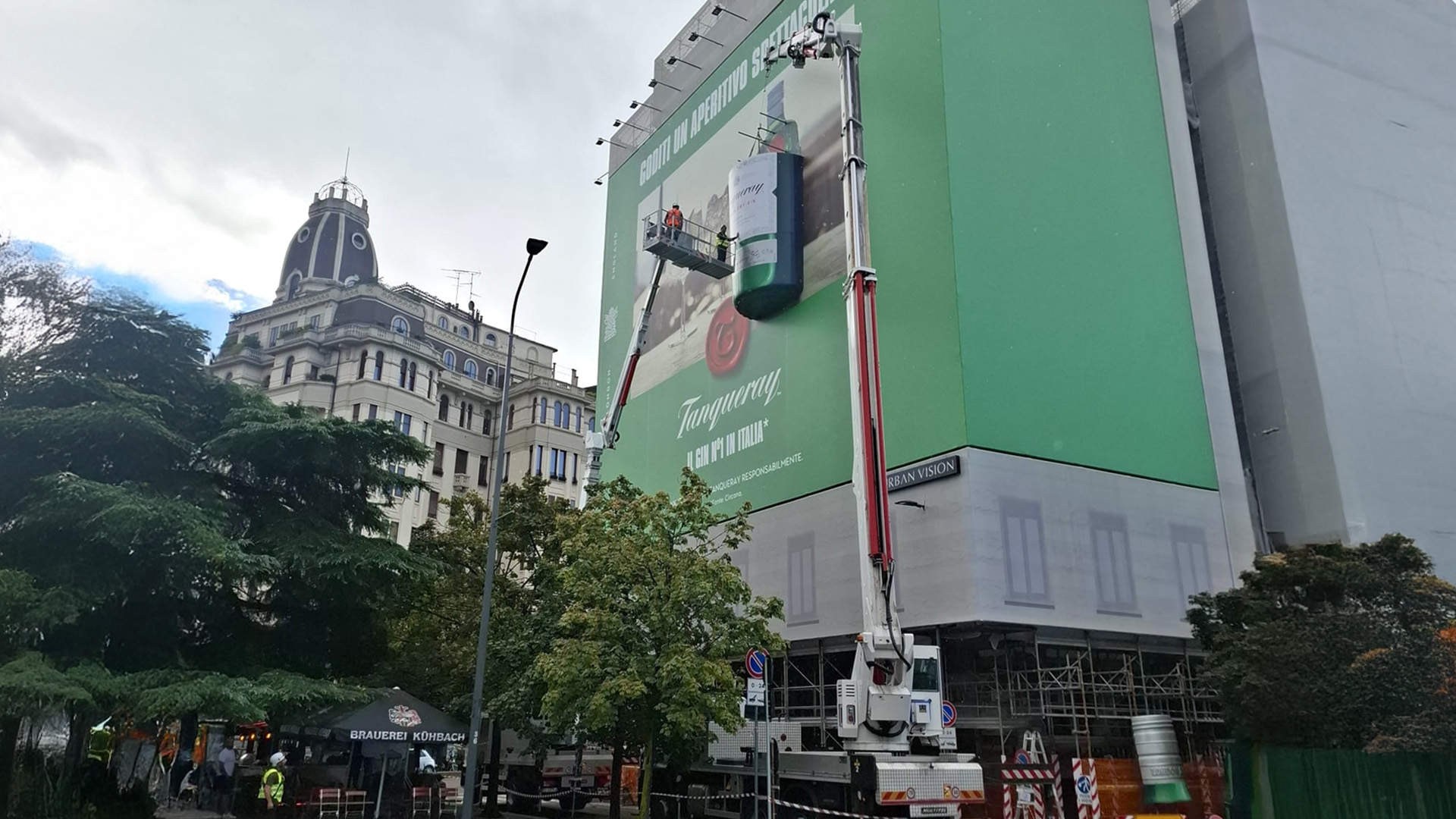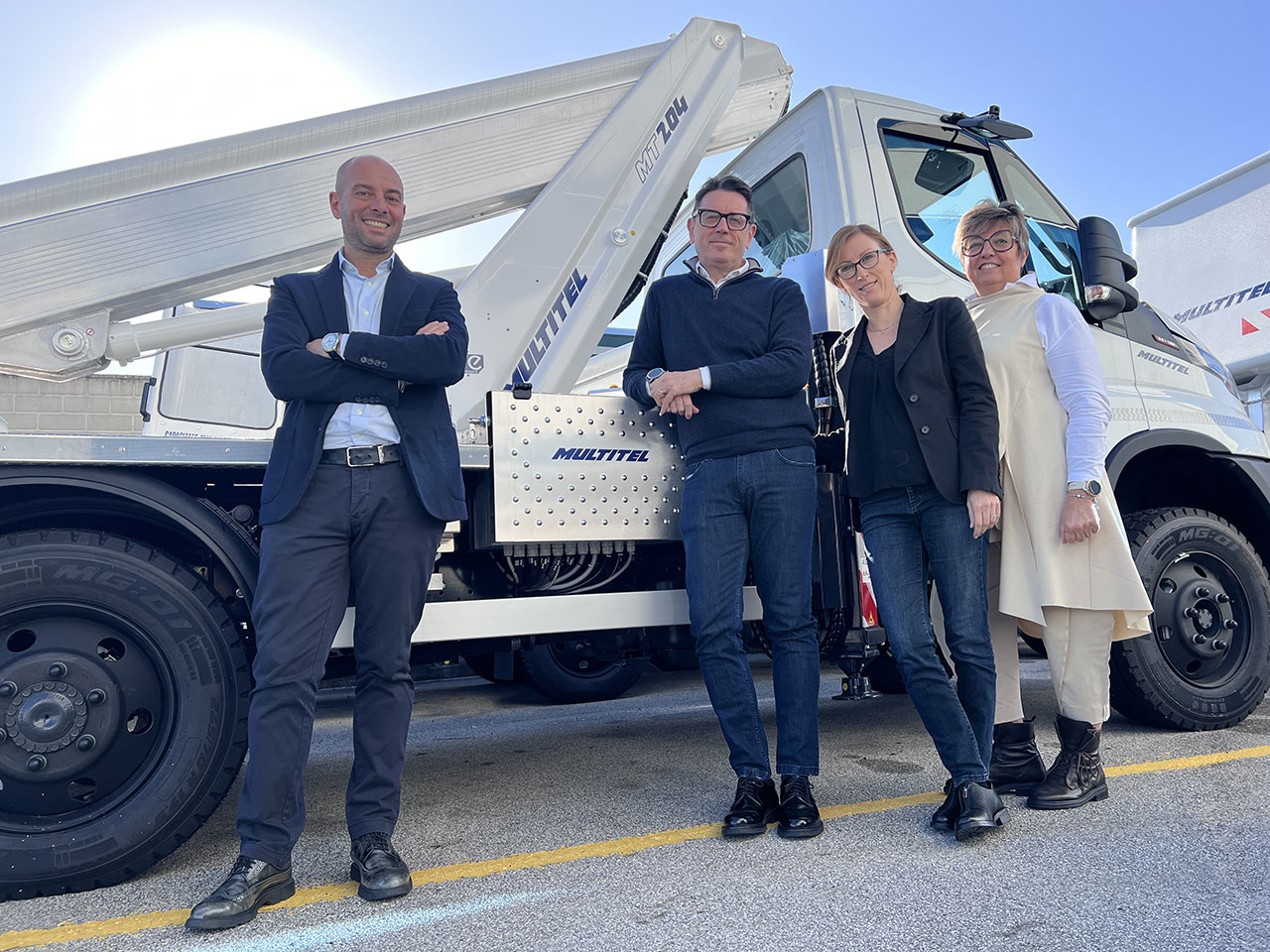After 18 years at JLG as the Senior Director of Sales South Europe and General Manager Italia JLG, Roberto Marangoni has been Senior Director of International Sales for 7 years at Multitel Pagliero. With a degree in Mechanical Engineering from the Polytechnic of Turin, he is a man who needs to make and consolidate connections: this combination of technical training with interpersonal and negotiating skills, together with a global knowledge of the markets, are essential aspects for “selling” the Multitel Pagliero brand around the world.
Does this accurately sum up your work or is there anything else you believe is necessary for success? Also in relation to the role of International Sales Director in general.
It’s quite correct, but another element which is fundamental or even indispensable must be added: language proficiency. I have always dealt with international markets, even before coming to JLG and later Multitel Pagliero. My understanding and “refining” of languages has helped me develop a mindset open to other countries and cultures, and the ability to manage relations with different mentalities and to cultivate the empathy necessary to understand people’s needs and establish mutual trust. “Words matter”, as Nanni Moretti said in the film Palombella Rossa.
How much has technical training benefited your work? Recognising a product’s potential, determining its viability for the market and leveraging on its technical aspects to promote it.
Technical training and years of expertise have made it easier to understand the product and promote its unique features, advantages and added value. Features that Multitel Pagliero platforms surely provide in contrast to the numerous alternatives available on the market.
Although the work is within the same sector, what difficulties did the transition to working with lifting equipment entail?
The initial impact was certainly challenging. The difficulty was not with the quality of the machines and how well they worked, but with the company’s marketing strategy on the international market where the major customers and large groups perceived the Multitel Pagliero product as “Italian”. With the owners’ full backing, the International Sales Department’s efforts helped us overcome this dismissive viewpoint and turn the business into a global force.
How does selling to a company or large rental group differ?
First of all, the common element: mutual trust, which must define the relationship from sales through to after-sales. If, without undermining the quality, a sort of routine develops in the mechanism between the distributor and the rental company, large or small, it’s important to keep interest in the product high and give quick and targeted responses. Depending on the market, working with a large rental group that is present in many countries requires different communication strategies. When it comes to the end customer, the relationship is managed by the dealer who has a more direct and less formal contact with local companies.
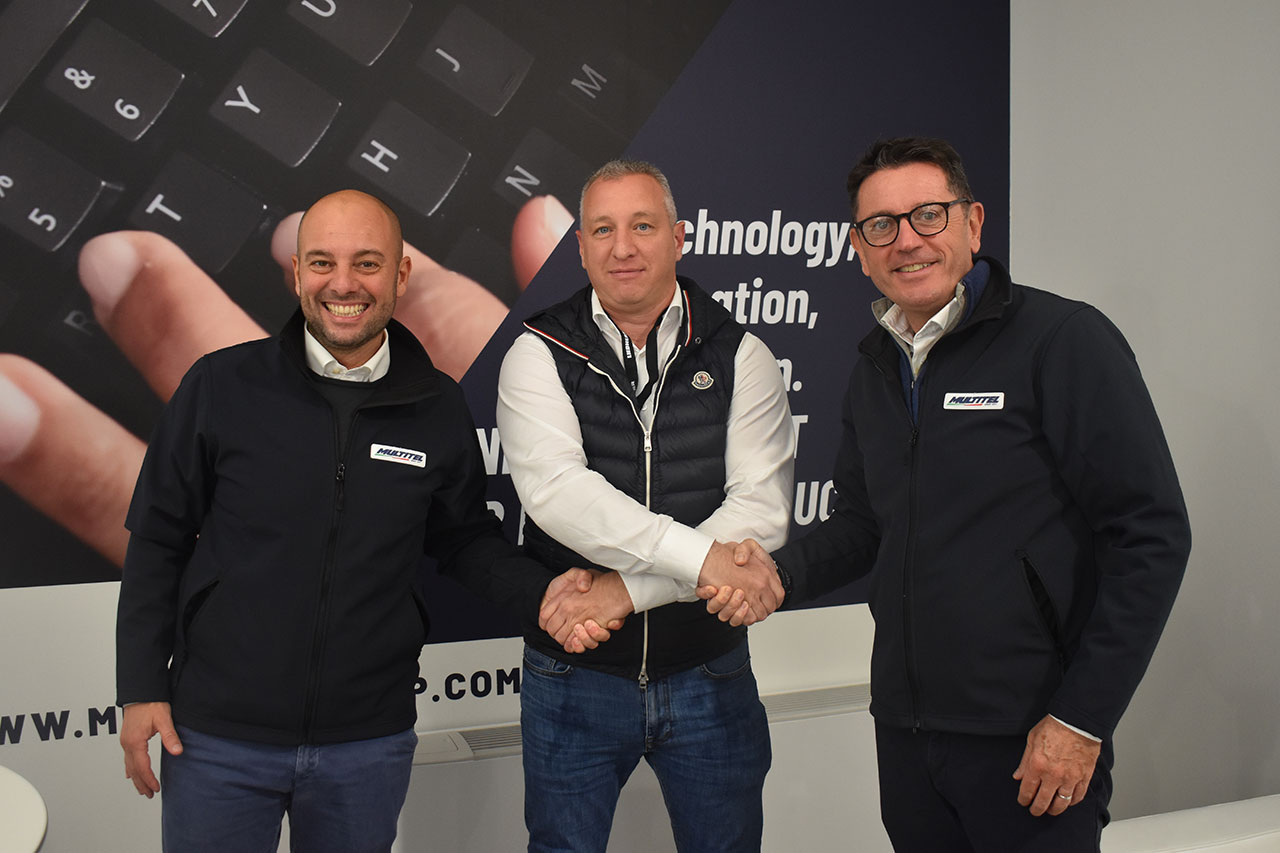
What is the structure of the foreign division? How many people work there and with which managers of the other departments – in addition to the owners – do you interact on a daily basis?
In addition to myself (which includes the relationship with the branches, the management customers and the Strategic Key Accounts), there are Mirko Rebuzzi (Distribution Manager) who oversees the current distribution network and works with us to expand into new markets (the most recent in chronological order are India, Singapore and Vietnam), and Cristina and Pamela who handle the crucial back office work. The interaction is more intense with the technical and service departments than with the other departments. There is constant and complete communication with the proprietors, the Pagliero family.
Given the company’s history of over a hundred years, what do you believe has contributed to its sustained success and robust expansion in recent years?
All round quality, versatility, flexibility and reaction time. Service in the broadest sense of corporate culture – that is, the people – is always what makes a difference. “Made in Multitel” depicts a business that, despite its scale, global reach, technology, robotics and information technology, has maintained a personal and artisan dimension. And customers perceive this as an added value.
What have you discovered about Multitel Pagliero over the past seven years, and how has it evolved?
Thanks to Renzo Pagliero’s vision and work, the company has always had an international vocation – the first sales in France, Belgium, Germany date back to the 1980s, and the French headquarters opened in 1989. However, the presence abroad was undermined by a certain inertia in strategies, which was broken in 2021 when the company entered a new phase with a change in the corporate structure and a strong acceleration in international markets (Canada, Northern and Eastern Europe and more recently India and Singapore).
The final step in a lengthy process is “the handshake”. How do you get there?
It’s important to differentiate between the search for a distributor/dealer and the search for a rental company/end user. The first of these two types of customers become actual Multitel Pagliero partners and are included in the commercial structure. The work is time-consuming, involving a protracted search to identify a range of “candidates”, select the potentially most interesting ones, choose the distributor/dealer and train them to build a lasting relationship. In the work on the end customer or with the rental company – directly or through the branch – the quality of the product allows us to greatly reduce distances and ensures high success rates.
When it comes to exporting, there are countless opportunities, but also the risk of focusing on the wrong objectives. How is the approach to new markets decided? How do they get picked?
The company has long developed a capacity for analysis and identification of markets potentially interested in the Multitel Pagliero product. The next step is to find people we can work with and who come up to our expectations, often coming from the same sector and who understand the product. Globalisation, fairs, events and the Internet have expanded the research capabilities and sped up the process of finding suitable partners.
Does the choice of truck-mounted/tracked platform models to promote vary depending on the markets? Can you give a recent example?
The success of the articulated platform MZ250 in the UK is a good example. Arriving on a market dominated by competing products, this machine upended the status quo: over 700 units sold in Europe since its launch, 100 of which in the UK, where it is by far the most popular model among end users – cleaning and maintenance companies, sheet metal workers, building contractors – and rental companies. Compact dimensions, 3-metre wheelbase, excellent outreach and up-and-over height, articulated jib and the ability to work below ground reach evidently meet the needs of companies.
The products and marketing strategies may be excellent, but cultural differences can make negotiating with an Indian different from dealing with a Canadian. Is this still the case or has the globalisation of markets standardised relationships?
Thankfully this is not so. It is enlightening and enriching to meet people from various cultures with different ways of thinking, and get to know the other person.
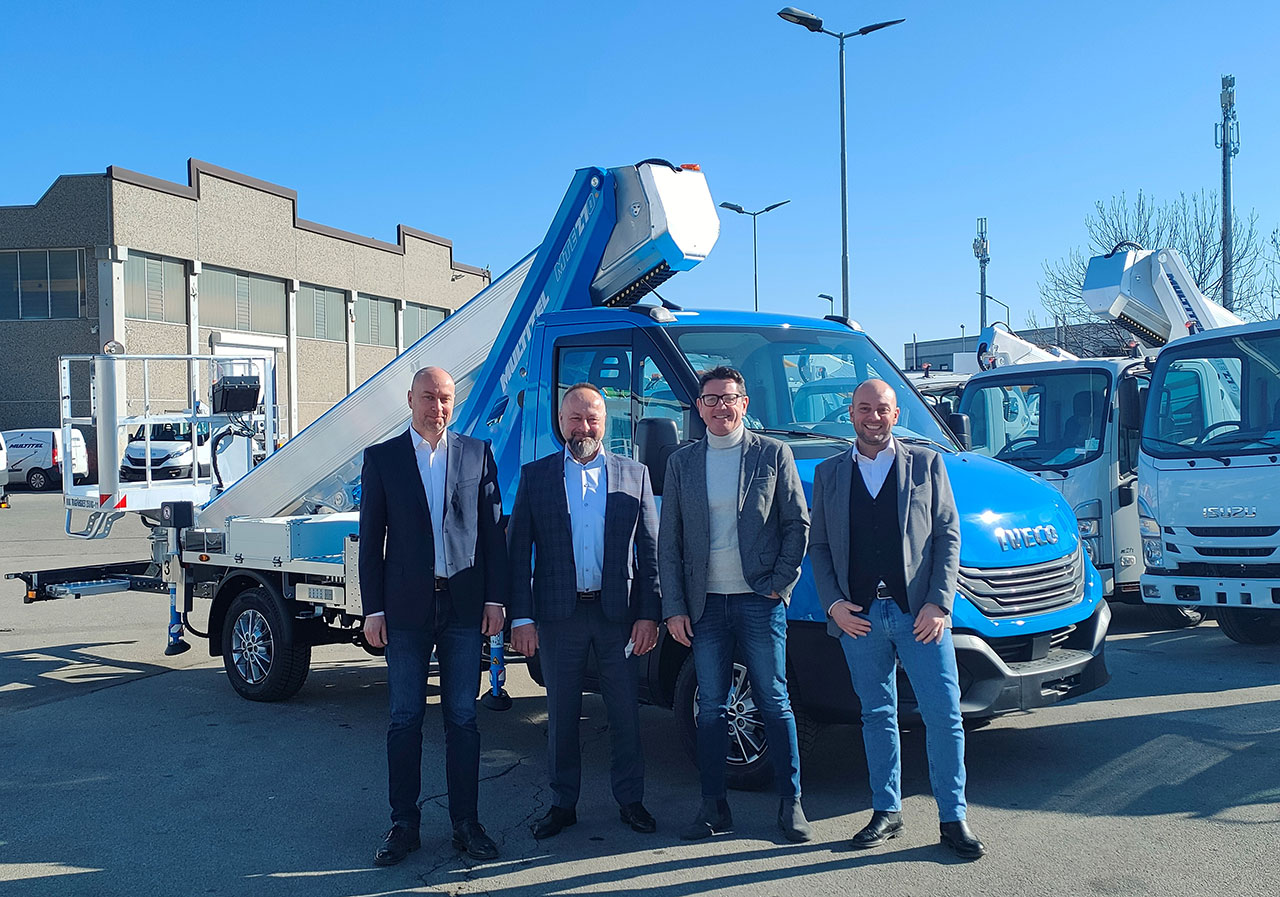
Once a customer has been acquired, the next task is to retain them over the years. What changes in the relationship? What relational methods come into play?
Once a customer has been acquired, professional automatisms come into play. Procedures are shared and over time the connection becomes more informal and trusting. The professional is supported by the personal, enabling the development of enduring relationships.
What are the differences in the service requests between Italian and international customers? What do they prioritise?
Simply said, the Italian customer favours quality, after-sales and professionalism but with a more distinctly personal relationship, whereas foreign customers favour quality, after-sales and a less “emotional” and more rational professionalism.
Naturally, things don’t always go as planned, and the Sales Director – assisted by the dealers – must be able to resolve any problems.
More than a question, this is a statement that reflects reality. And here – in addressing the problem – it is very helpful to know how to put yourself in the mindset of the other person. To do so you need to be familiar with their language and habits so as to dialogue on the same level. A shared basis for discussion increases the capacity for collaboration, regardless of cultural differences.
What have you seen change in this profession after 25 years of experience and thousands of kilometres travelled from one side of the globe to the other? And what changes do you anticipate?
It is clear that a process of market consolidation is underway, in which the big players are becoming bigger, with fewer of them. This is a process that is not unique to just our industry and behind which there are increasingly often investment funds that buy with the goal of maximising margins before reselling. All this in a time frame of 5 years. As a result the market has become more polarised between big and small businesses, has been “depersonalised”, and scenario changes occur more often.
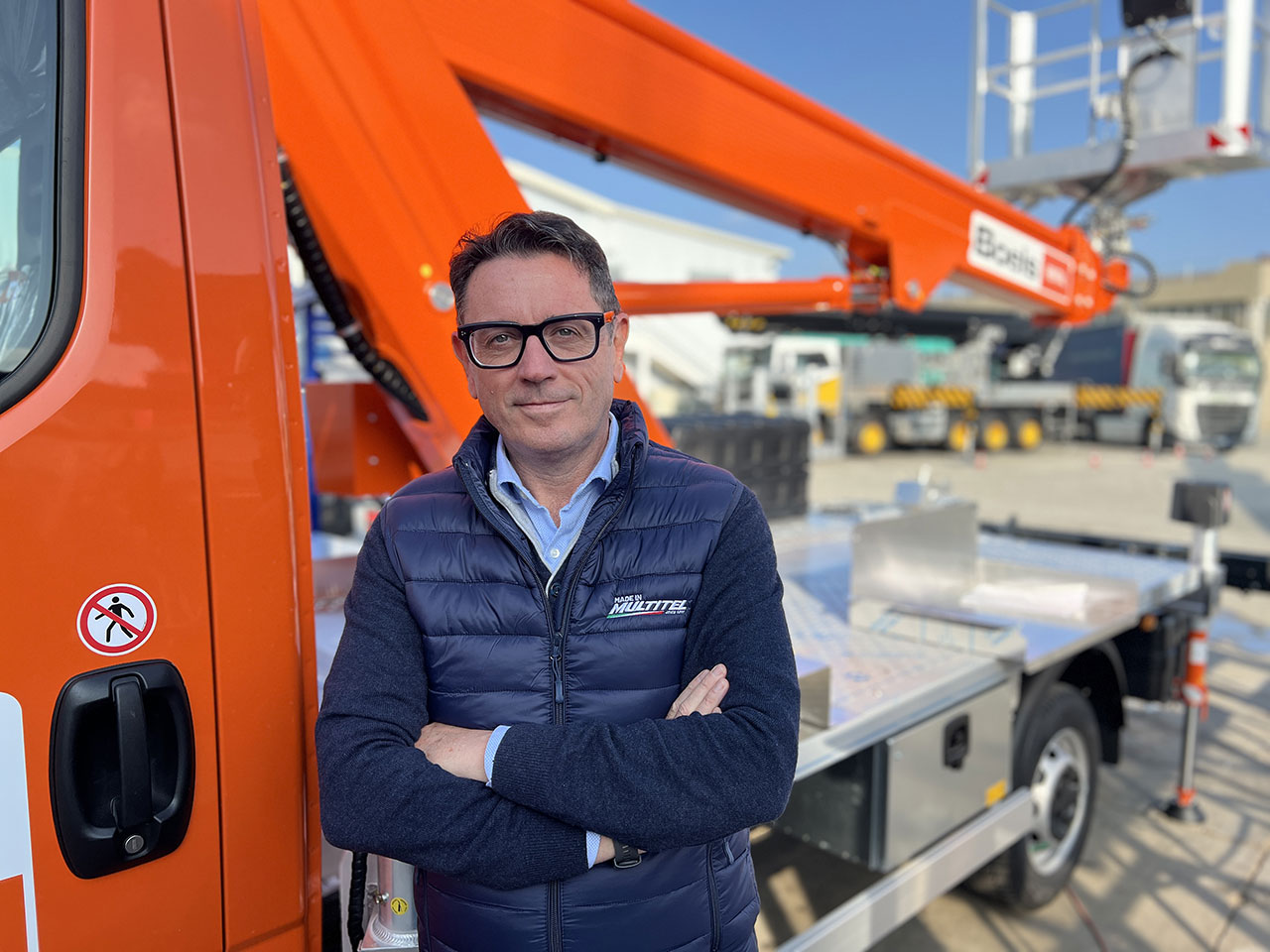
Global marketing and international sales director
As International Sales Manager, leading the export sales team is a responsibility that I take on with the same passion with which I have carried out my 37 years of experience in the worldwide marketplace. Yet the real strength lies not just in my experience, but in the energy, commitment and dedication that the team demonstrates every day. Working with the right people and establishing mutual trust are the secret to being bold and accomplishing your goals. My guiding principles in life and at work are boldness and surprise. Attempting, making errors, learning and improving are the pillars on which solid and sustainable growth is based, both individually and as a team. Through these principles, also the Multitel Pagliero brand is evolving. I see a solid business that will improve and consolidate its value in all countries.


